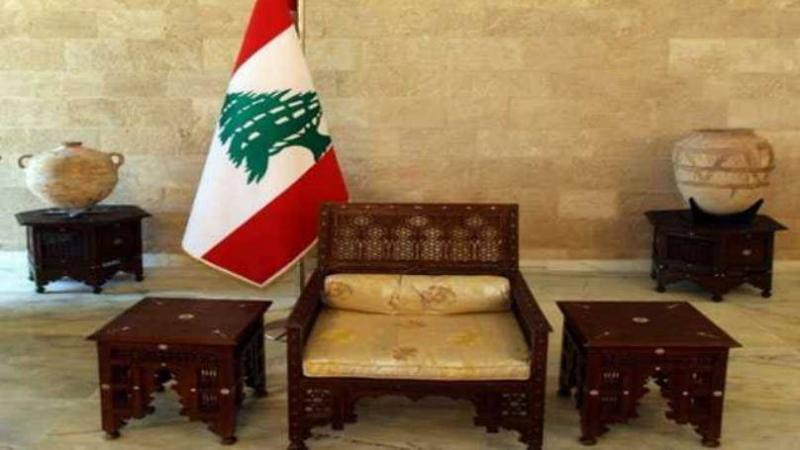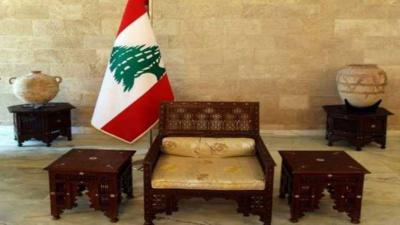The vacancy concerning the positions of the government and presidential offices does not seem to be mere words or drumbeats. Initial indicators suggest that the governmental vacancy and the continuity of the current government will extend due to the difficulty of achieving consensus, especially after independent and reformist figures have infiltrated the parliament. This means, inevitably, that the current government — a caretaker government — will continue to operate. Will the President of the Republic breach tradition and call for closed parliamentary consultations as stipulated by Article 53 of the Lebanese Constitution, which states: "The President of the Republic shall name the designated Prime Minister, in consultation with the Speaker of Parliament, based on mandatory parliamentary consultations, to which he shall officially inform him of their results"? So far, Aoun has not set a date for the parliamentary consultations, though it is likely that matters will mature by the beginning of November, allowing for further discussions and meetings. However, the Constitution does not explicitly mention or define any timeframe that compels the President to set a date for the parliamentary consultations, which significantly opens the door to prolonging the vacancy until consensus is achieved on a specific candidate.
Moreover, at this stage, the prevailing equation seems to be no new government, and thus a presidential vacancy. Coupled with the continuation of the caretaker government, this poses internal and external risks and is not the most appropriate option, as the government has serious work to do and will manage the country after the end of the presidential term if no successor is elected. It's a complex and challenging equation, as President Michel Aoun has stated that he will not hand over his powers to a caretaker government. Gibran Bassil, head of the Free Patriotic Movement, has stated, “I am against Aoun remaining in Baabda after October 31,” while Mikati has mentioned the possibility of delaying the election of a new President.
What is the equation that will come into effect? International law expert lawyer Antoine Safir confirmed that "the term of the Lebanese President is six years and cannot be renewed or extended according to the Constitution, unless the parliament decides to amend the Constitution, a topic that is not currently on the table and may never be." Thus, the end of the presidential term is on October 31, after which the presidency's powers will be in the hands of the Cabinet until a new president is elected, even if it is a resigned government, acting in place of the President until a successor is chosen.
Therefore, there is neither interpretation nor exception that allows the President to remain in Baabda for even one hour after the end of his constitutional term. Are we on the brink of a new term extension? "The topic of extending President Michel Aoun's term is not on the table, and the Constitution confirms that the term of the President is six years, and a new president cannot be elected until the term has been fully completed, except in the case of death or illness, God forbid. If there is no elected President by the parliament at least two months before the end of his term on October 31, or at least one month, this means that the existing government, whether a new government or the current one which has become a caretaker government after the election of a new parliament, will assume the presidential powers temporarily, and there is no other interpretation except in the context of political interpretation. But in the Constitution, the interpretation is clear."
It is certain that the results of the parliamentary elections have reshuffled the cards of local obligations linked to international and regional interests, foremost among them the election of a new President for the country. With the representation weights now identified, the scene for the presidential election is nearly scripted: Neither Gibran Bassil nor Sleiman Frangieh will be President of the Republic, at least based on the current parliamentary election data and political moment. Hezbollah and other components must seek new candidates that align with the current circumstances and power distribution in this parliament, searching for candidates who are not strong figures and whose names are not currently circulated. Just as in politics, the Constitution has its clarity: President Michel Aoun cannot remain in Baabda for one hour after the end of his term on October 31... Until then, let us wait!




